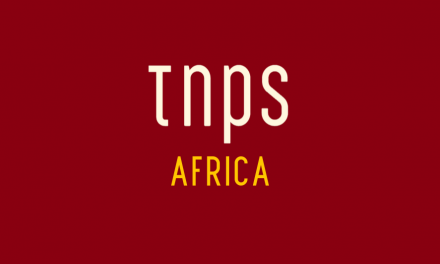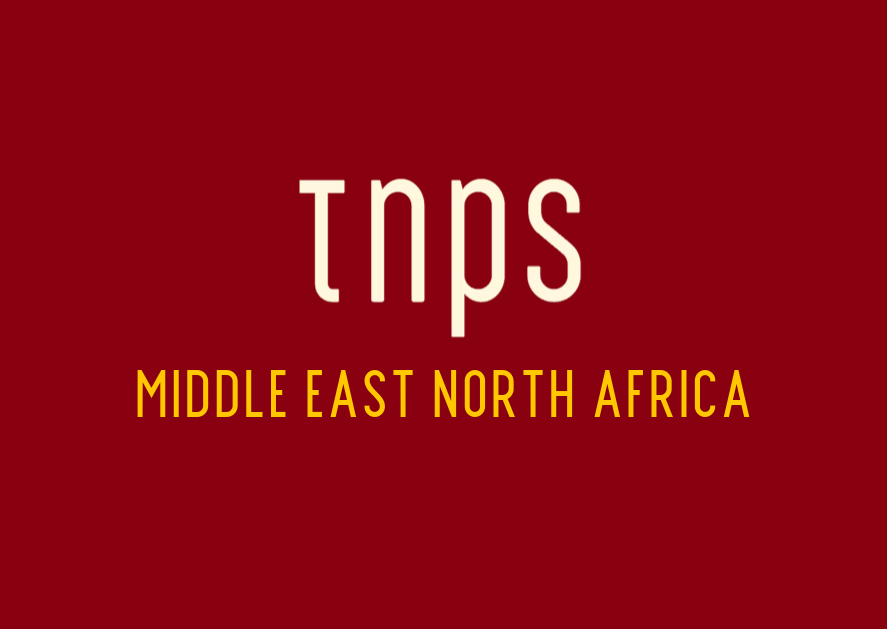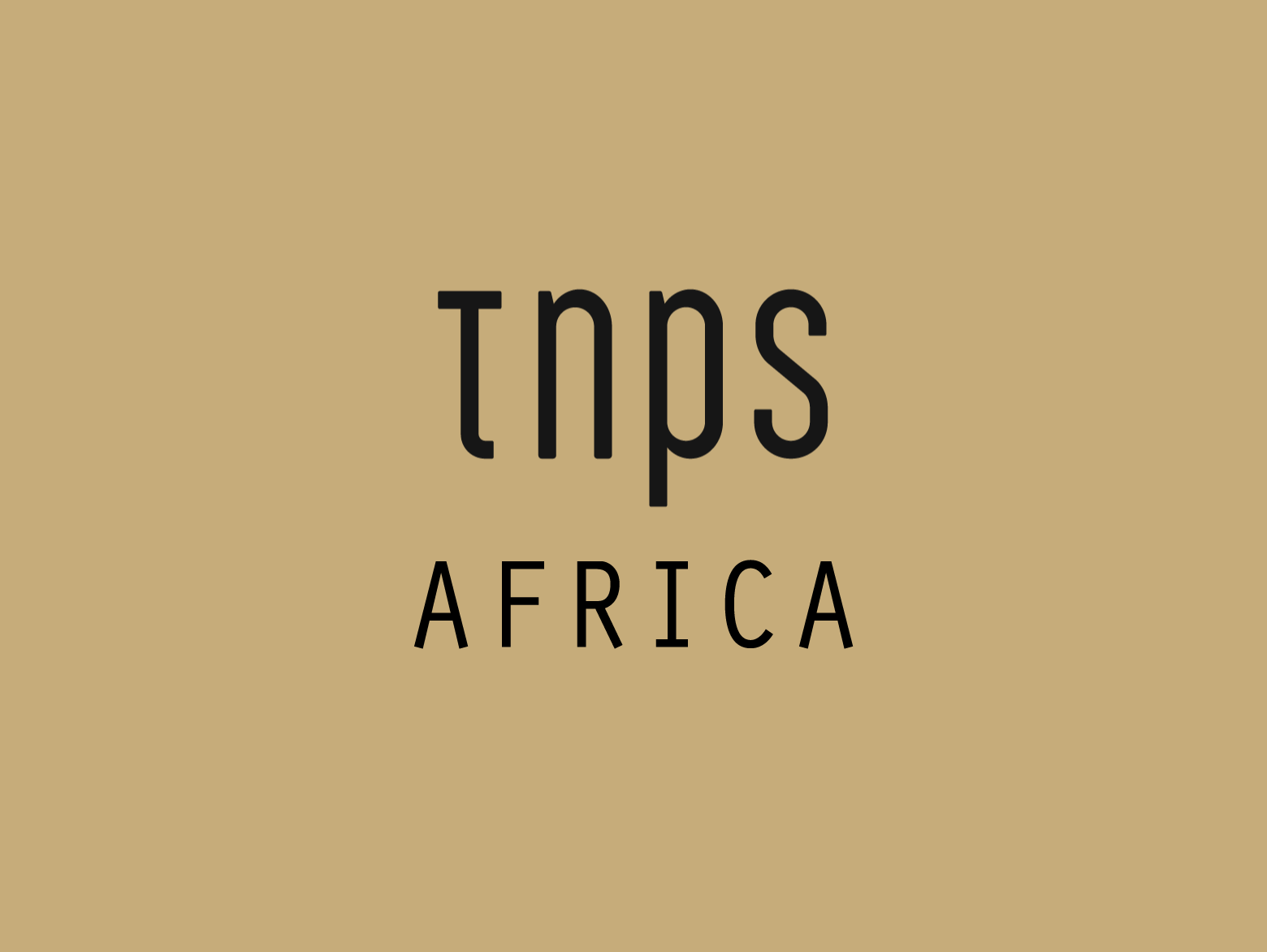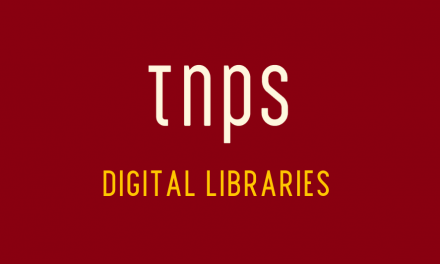What impact it will have on the wider Rwandan publishing industry remains to be seen.
A press release from De Marque, a Canadian company specialising in global e-book and audiobook distribution, announces the establishment of their operations in Rwanda. It underlines Rwanda’s growing reputation as a digital publishing hub in Africa, highlighting the country’s readiness to embrace digital books as tools for education and cultural exchange.
De Marque’s Digital Vision in Rwanda
De Marque’s Director of Corporate Development, Stanislas Padzunass, frames digital books as a means to make Rwandan knowledge borderless. While digital formats do not seek to replace physical books, they remove physical distribution barriers, enabling Rwandan publishers – especially those producing children’s literature – to reach readers worldwide. This move dovetails with Rwanda’s position as one of Africa’s most connected and tech-savvy countries with strong digital infrastructure.
Rwanda’s Existing Digital Landscape
Though digital publishing is emerging, it is not entirely new to Rwanda. Notably, the US-based digital library service OverDrive has been operational in Kigali for several years, providing access to digital reading resources. De Marque’s arrival signifies a deeper commitment to develop Rwanda’s digital content ecosystem, complementing existing services and encouraging new digital reading habits.
Embracing a New Reading Culture
Experts like retired Professor Egide Karuranga, former Vice Chancellor of Kibungo University, emphasise that digital platforms must enhance rather than undermine the tradition of deep reading. Quick online searches cannot substitute for thoughtful engagement with well-curated digital libraries, which make credible educational content affordable and accessible. Both Padzunass and Karuranga advocate for cultivating a love of reading from a young age, viewing digital access as a social equaliser that can bring rural children the same resources as those in global cities.
Technology and Tradition in Harmony
Both experts agree that digital books and physical reading can coexist. Digital platforms expand access and offer marketing opportunities for local bookstores and libraries, often serving as a gateway to physical copies. This balance ensures the preservation of reading culture’s tactile and reflective aspects while leveraging digital convenience.
Rwanda’s Future as a Knowledge Hub
With investments in digital literacy and smart classrooms, Rwanda aims to become a continental leader in digital knowledge sharing. De Marque’s entry aligns with this vision, providing Rwandan authors and educators a platform to project the nation’s voice globally.
What impact it will have on the wider Rwandan publishing industry remains to be seen.
This post first appeared in the TNPS LinkedIn newsfeed.





